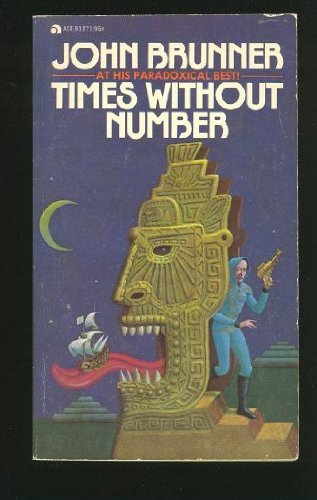What do you think?
Rate this book


156 pages, Mass Market Paperback
First published October 1, 1962
“The consequence of the Anglo-Spanish War, was Great Britain’s decision to build an Empire. And these Viking Norman-Anglo-Saxon-Scots would build in the next 300 years the world’s largest Empire, ruling 25% of the world’s population.”